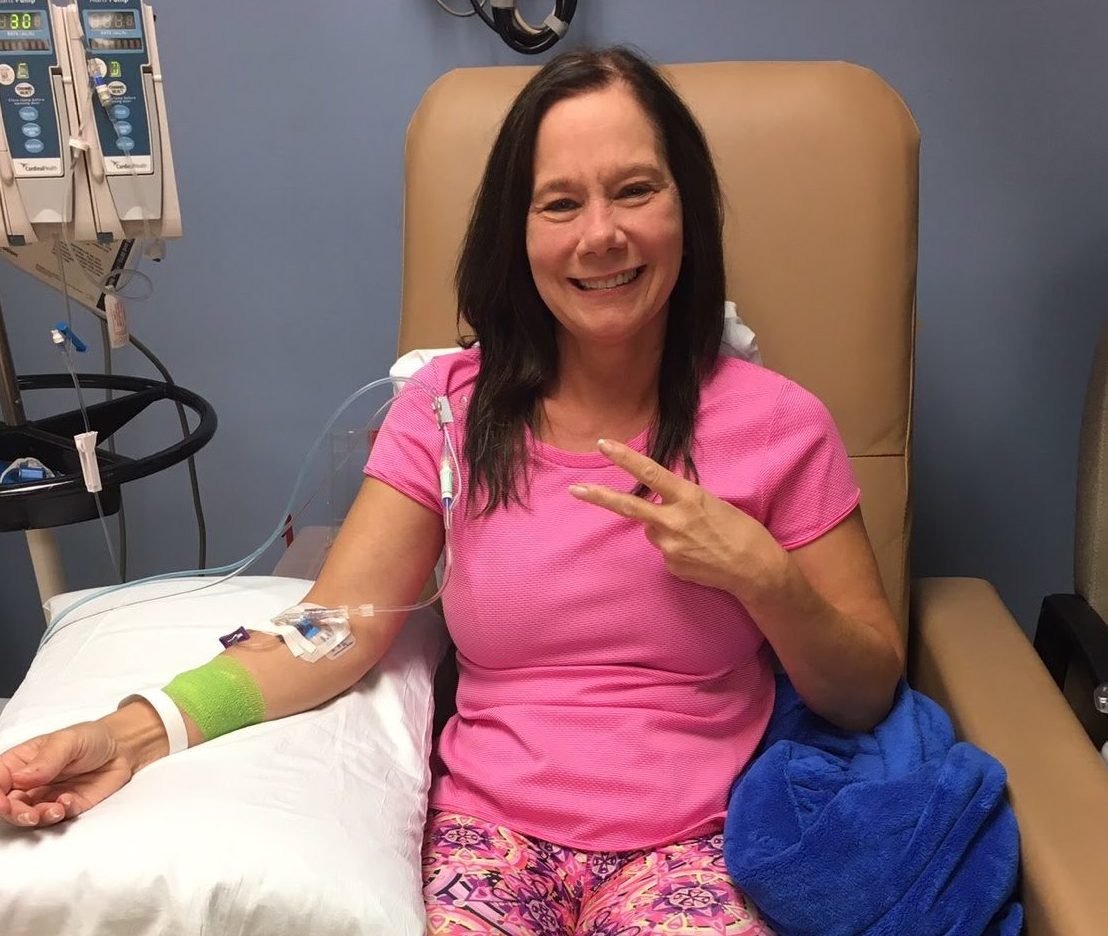
Health News
Features
-
Local Medical Team Visits Kenya to Treat Patients with Heart Disease
by MARY TOOTHMAN A group of local medical professionals traveled to Kenya earlier this year to provide instruction and medical care, and it seems likely there will be a return trip at some point in the future. Dr. David Evans, a BayCare Medical Group cardiovascular surgeon, physician assistant Dave Reid, and Winter Haven Hospital Cardiovascular…
-
Unsung Heroes
Athletic Trainers Instrumental in Keeping Athletes Ready for Competition Year after year and season after season, sports and athletic competitions remain popular, both for participants and spectators. We root for our favorite teams and cheer athletes on to great victories. Playing a sport is an excellent way to stay in shape physically and mentally, and…
-
Strength in Numbers
Breast Cancer Survivors Strong Support System Helps on the Journey Friends who have been there, family and, most of all God, help breast cancer survivors on their road to health. Michelle Faught, a self-employed household manager, didn’t let breast cancer keep her down. Two weeks after having a single lumpectomy, with her surgeon’s approval, she…
Columns
-
Dry Eye Disease Not So Cut and Dry
by Julia King, O.D. Dry eye disease, or dry eye syndrome, is a condition that affects millions of people. Unfortunately, it often goes undiagnosed as many people don’t realize that their symptoms are caused by dry eye. Dry eye syndrome occurs when the eyes do not produce enough tears, or the tears that are produced…
-
Your Skin Type Can Offer Clues for Care
Knowing your skin type isn’t always easy, but it is essential knowledge to have when seeking out solutions, skin-care products, or dermatology services. There are four main skin types: oily, dry, combination, and sensitive. While a dermatologist can help you determine your skin type, there are some simple tests you can do at home to…
-
Risk Factors for Deep Vein Thrombosis
Deep vein thrombosis is a serious medical condition that affects millions of people but thankfully is preventable. This is a condition in which a blood clot forms in a deep vein of the body, usually the thigh, leg, and rarely the arm. The worst complication is that the blood clot can break off and travel…





